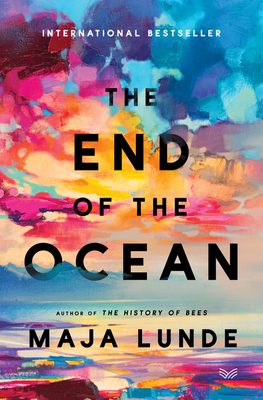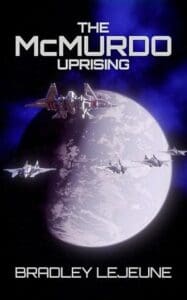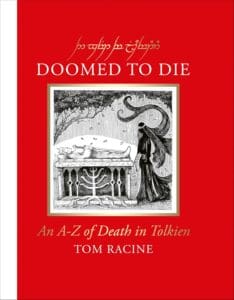Rating: 9.0/10
Synopsis
In 2019, seventy-year-old Signe sets out on a hazardous voyage to cross an entire ocean in only a sailboat. She is haunted by the loss of the love of her life, and is driven by a singular and all-consuming mission to make it back to him.
In 2041, David flees with his young daughter, Lou, from a war-torn Southern Europe plagued by drought. They have been separated from their rest of their family and are on a desperate search to reunite with them once again, when they find Signe’s abandoned sailboat in a parched French garden, miles away from the nearest shore.
As David and Lou discover personal effects from Signe’s travels, their journey of survival and hope weaves together with Signe’s, forming a heartbreaking, inspiring story about the power of nature and the human spirit in this second novel from the author of the “spectacular and deeply moving” (New York Times bestselling author Lisa See) The History of Bees.
Review
In The End of the Ocean, Maja Lunde tackles climate change, water shortages, and the melting of the polar ice caps in much the same way as the author’s previous novel, The History of the Bees: told through stories of families who interact closely with it across multiple timelines.
And in that way, Lunde was largely successful. Both stories of love and loss, hope and hearbreak are ones for the ages (literally). Signe’s sea voyage is epic, and sometimes feels absolutely ridiculous. That is the truth of her story: love can sometimes be crazy, drive us to do things that seem insane. David and Lou’s story has similar themes, albeit 20+ years apart. They, too, have traveled far in hopes of reuniting with loved ones. The future is all about adapting to change, and the reader lives those experiences through David and Lou. As the story goes on, the connection between the two timelines becomes clear, and, as expected, there is a nice little twist at the end. I say “expected”, because that is clearly Lunde’s biggest strength: weaving stories in and out of each other and finding these little ways to connect them. It makes for excellent theater.
I rated this book slightly lower than the first because I think the first had more tension. Maybe it was the extra timeline (3 as opposed to the 2 of this one). Finding a way to connect three stories over time is much more difficult than connecting 2. Or maybe I did not get my nerd fill as much in this one, as the information in the first book about bees was much more inclusive than this one and water. Either way, I still absolutely enjoyed this book.
The End of the Ocean is another phenomenally-written book by Maja Lunde. The author has once again showcased her propensity for tackling a problem through time, telling heartwarming stories, and exploring unforeseen connections. I am happy to recommend this book.





Leave a Reply